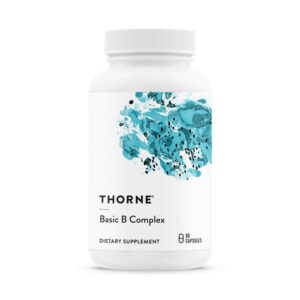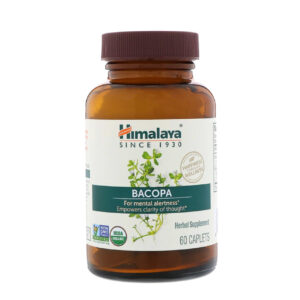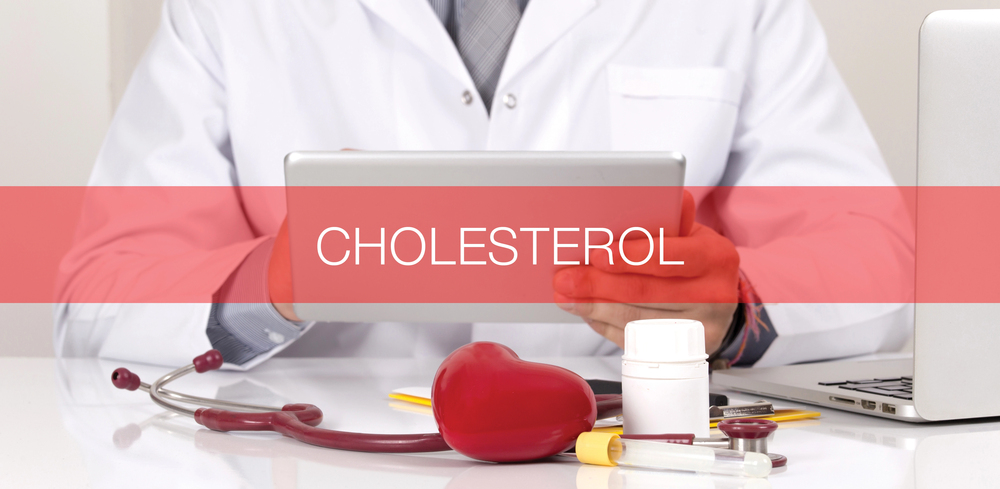The brain and nervous system are under fire with the barrage of information that comes at us daily. Anxiety and sleep problems are rampant, likely due to high screen times, personal and world stress, and even solar flares. The brain acts as the body’s “computer” sending signals to and from every part of the body. These signals are key to balance in the body and are critical to thinking. To preserve brain function you must nourish it with the right nutrients, exercise, learning, and social contact.
There are many nutrients that keep the brain healthy, and we’ll discuss some of them here. Keep in mind that if you are choosing to get some of these nutrients via supplementation, combination formulas are available that can provide many nutrients at once.
Key “Food” for the Brain
Omega-3 Fatty Acids
Omega-3 fatty acids cannot be made by the body, so must be consumed or added via supplementation. Omega-3s convert to EPA and DHA in the body. EPA has an anti-inflammatory effect and improves blood flow. This preserves memory and learning. DHA is a major component of brain structure, including the cell membrane and the myelin sheath around each nerve. DHA improves learning, memory, and reaction to stress.
Some people have genetic variations that don’t allow them to convert to EPA and DHA efficiently. These individuals, as well as those with specific conditions, will likely need supplementation.
Fatty fish like anchovies, sardines, mackerel, cod, and salmon, are great dietary sources. There aren’t significant plant sources of omega-3s, but chia seeds, walnuts, and flax have some. Strict vegetarians or vegans may want to consider supplementing with an algae supplement that adds EPA and DHA to their diet.

B Vitamins
B Vitamins support the health of the nervous system in myriad ways and are crucial to alleviating stress. Constant stress is a killer of brain performance. Vitamin B5 can reduce excess cortisol, the stress hormone. Vitamin B12 is essential for stress management and memory. B3 and B6 assist in the conversion of tryptophan to serotonin, a calming neurotransmitter. B6, B12, and folic acid rid the body of homocysteine, an inflammatory compound that is implicated in Alzheimer’s and dementia. Therefore, a B Complex can be essential to brain health, especially in stressed out individuals.
Magnesium
Magnesium is essential for mood, cognition, memory, sleep, and relaxation. It is one of the most prevalent minerals in the body and our soil has become depleted of it. This means we can’t always get what we need from food. Stress also depletes magnesium. A typical American diet does not contain foods that are high in magnesium, and many people take acid-blocking medications, which depletes magnesium as well. The USDA estimates that 50% of Americans are deficient in this important mineral.
Good dietary sources of magnesium include seaweed, nuts and seeds, dark chocolate, beans, and dark, leafy greens.
Lion’s Mane Mushroom
Lion’s Mane is well known for its neuroprotective effects. It stimulates nerve growth factor, so it assists in regenerating the nerves. Think of Lion’s Mane as crucial to brain repair and long-term support for the brain.

Ginkgo Biloba
Ginkgo is perhaps the best-known herb for increasing mental acuity. It increases blood flow to the small capillaries in the brain and acts as a protective antioxidant. It is a common ingredient in brain support formulas. Be aware that gingko has a blood thinning effect and should not be used by those on blood-thinning medications without consulting your doctor.
Bacopa Monnieri
Bacopa is an ayurvedic herb that boosts memory. A study in the Journal of Complementary and Alternative Medicine showed that elderly patients improved brain function when taking 300 mg per day, particularly in the areas of verbal information processing and attention. It is often used to address ADD and ADHD symptoms as well.
Choline
Choline increases production of phosphatidylcholine, a major part of the gray matter of the brain. It also promotes acetylcholine, a neurotransmitter that “runs” the brain. Because it restores phospholipid content in the brain, it is important to focus and concentration.
Major food sources of choline include eggs, beef, chicken, fish, liver, mushrooms, and broccoli. Those who follow a vegetarian diet or avoid dairy products or fish may need to supplement with choline.
Phosphatidylserine
Phosphatidylserine is a phospholipid that is present in every cell of the body. It is especially abundant in the brain. It is found in healthy cell membranes and is important to nerve transmission. Like Lion’s Mane, it enhances nerve growth factor, which supports nerve tissue and repair. More than 40 human studies suggest that PS supports all brain functions that can be measured. The FDA has granted it two qualified health claims – a rarity for supplements.
Antioxidants
Antioxidants counteract free radicals which impair brain function when they build up in nerve cells. Free radicals cause oxidation in the brain, damaging cell membranes and hence brain communication. Antioxidants that have been found to be healthy for the brain include Vitamin E, NAC, Alpha Lipoic Acid, Resveratrol, Grape Seed extract, and CoQ10.
Antioxidants are also prevalent in—you guessed it—fruits and vegetables. Eating a variety of fruits and vegetables boosts your antioxidant levels.
Avoiding Brain and Nervous System Toxins
In addition to feeding your brain the right nutrients, it is important to avoid substances that harm the brain.
From a dietary perspective, avoid excessive amounts of saturated fat and sugars. Excess saturated fat can cause toxins to be stored in the brain. Sugar causes inflammation, a key factor in many diseases involving the nervous system.
Metals
Metals like aluminum and mercury can accumulate in the body and cause damage to the brain. Since aluminum has no positive function in the body it is best to avoid it altogether. It can be found in canned food, baking powder, non-organic dairy products, cookware, single serve creamers, salt packets, and antiperspirants.
Mercury also harms the brain. The most common causes of exposure are old dental fillings and large ocean fish like tuna, swordfish, and orange roughy. If you have a filling replaced, do so with non-mercury fillings. Chlorella and cilantro are excellent for chelating mercury and removing it from the body.
Food Toxins
Food toxins like dyes and preservatives have been linked to cognitive decline. Chemicals like saccharin, aspartame, and olestra likely have no place in food. Avoid sugar-free and fat-free foods that contain these substances.
Prescription medications can also cause harm to the brain when taken long term. Medications that impair the brain are sleep medications, statins (cholesterol-lowering drugs), antidepressants, and antihistamines. Ask us about alternatives that you can discuss with your doctor.
Since our brains are bombarded daily in our tech-based world, it is important to fortify it with the right nutrients! Supplements offer a great way to increase brain function beyond what we can find in food. Stop by our store to learn more!




